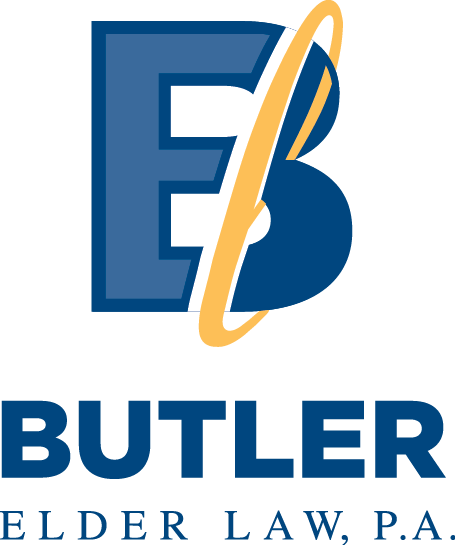PROBATE & TRUST ADMINISTRATION
What do I do now that my loved one has passed away and they have property or other assets that need to be handed down, or distributed to heirs?
I've been named as an Executor or Administrator of an Estate, or Trustee of a Trust. How do I carry out my legal obligations?
I believe that an Estate or Trust is not being handled appropriately, and think I might need court intervention to ensure my rights or the rights of the decedent are protected.
When a loved one passes away, we can help you with the process of collecting and distributing his or her property and assets, a process often referred to as Estate Administration. Most people who have the duty of administrating an estate wonder “What do I do now?” Sometimes it may not be clear who should administer the estate. The process can be extremely complex and time-consuming, particularly for people still grieving the loss of a loved one. The law imposes various strict duties on the administrator of the estate. Therefore, compliance with the rules of the process is essential. Our knowledge, experience and compassion for our clients can help you through this difficult process.
When someone passes on, the administration of their estate and disposition of their assets depends on whether or not they have a Will, and whether they have established any Trusts into which they have placed their assets. The existence (and validity) of a Will or Trust determines the methods by which the Court will distribute property.
When a person dies with a Will, the estate is handled through a formal court proceeding, called probate. Property and assets will be distributed according to the terms of the Will and any Trust documents they have in place. When a person dies without a Will, his or her estate still needs to be administered through a court proceeding. However, since there is no Will containing instructions on how the property of the estate should be distributed, property and assets will instead be distributed according to state laws which provide default instructions.
In a probate proceeding the court will appoint a Personal Representative, who is a person charged with performing certain legal obligations such as identifying and notifying potential heirs and creditors of the estate, gathering up the assets of the estate and for distributing the estate’s property pursuant to the Court’s instructions.
The administration of an estate, whether or not the decedent had a will, often requires the assistance of an attorney. Butler Elder Law, P.A. assists its clients with issues that arise involving the administration of trusts and the distribution of assets after death, and assists its clients in planning for the future.
For assistance with the administration of a trust or estate, contact Butler Elder Law, P.A. today to schedule an appointment.


